Carlos F. Sánchez-Ferrer

Lidera un grupo de investigación UAM e IdiPAZ denominado con el acrónimo FARMAVASM, que se dedica al estudio de los mecanismos que producen deterioro de la función vascular en condiciones patológicas.
Marc Ramis
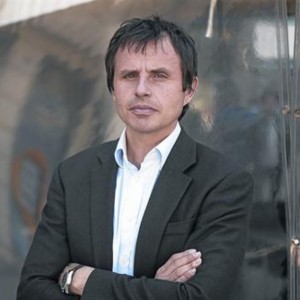
Es cofundador y Director General de Senolytic Therapeutics Inc., empresa farmacéutica que desarrolla un novedoso tipo de fármacos en base a la senescencia celular. También apoya inversiones y asociaciones estratégicas en Life Biosciences Inc. en Europa.
Manuel Serrano
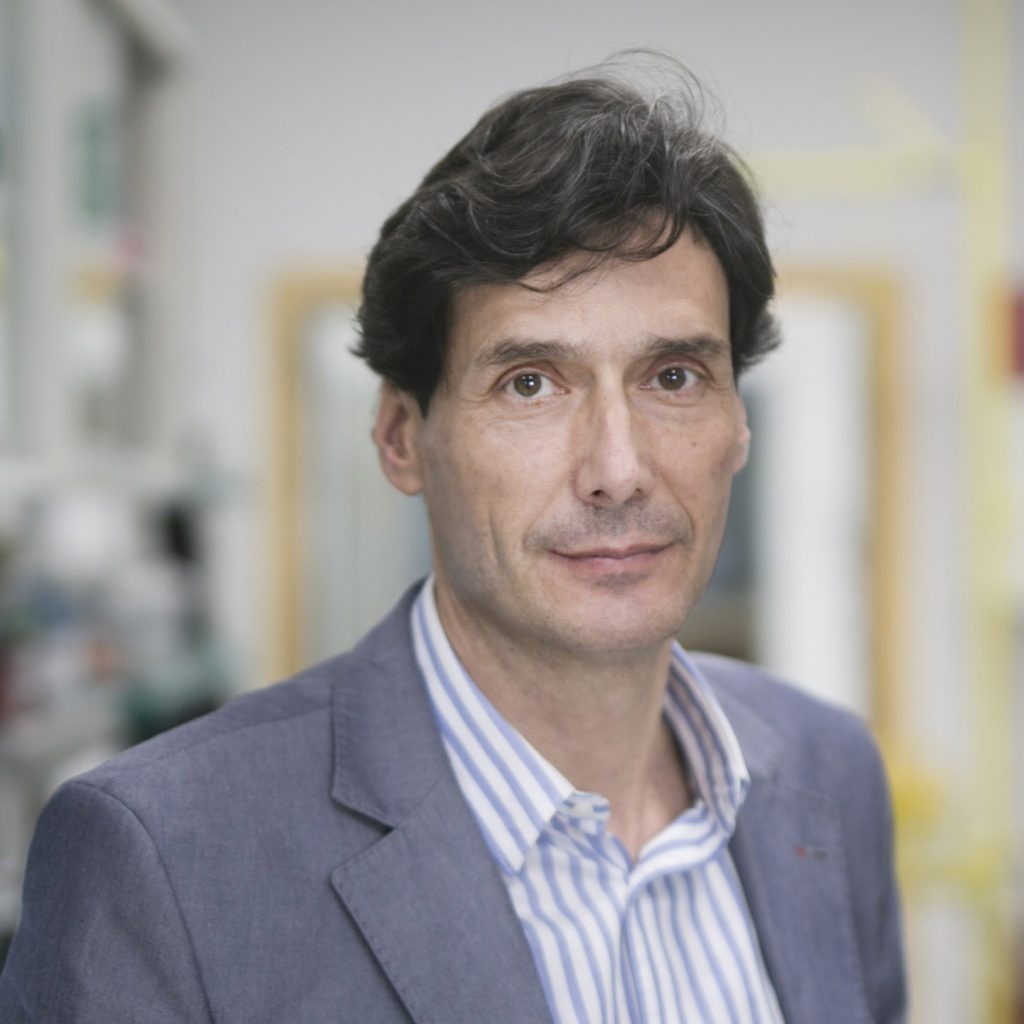
Manuel Serrano se doctoró en 1991 en la Universidad Autónoma de Madrid. De 1991 a 1996, Serrano trabajó en el equipo de David Beach en el Laboratorio Cold Spring Harbor de Nueva York. Durante este periodo, Serrano realizó su descubrimiento más importante al identificar y caracterizar el gen p16.
Manuel Collado
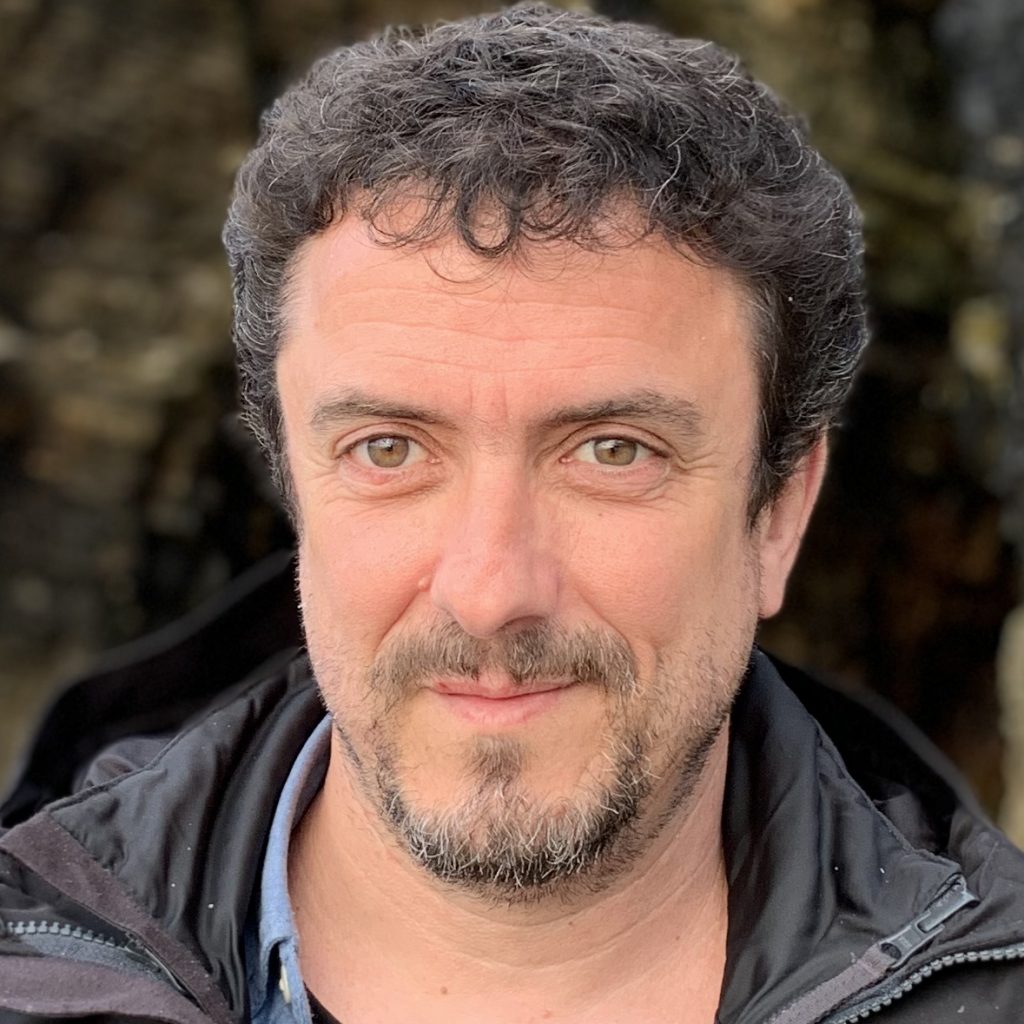
Doctor en Biología por la Universidad Autónoma de Madrid. Tras trabajar en Londres, Nueva York y en el Centro Nacional de Investigaciones Oncológicas (CNIO) de Madrid es actualmente investigador en el Instituto de Investigación Sanitaria de Santiago de Compostela (IDIS).
Pedro Almaida: “A medida que el sistema circadiano envejece, la capacidad del organismo para ajustar los ritmos biológicos a los ciclos ambientales se ve comprometida”

El Dr. Pedro Almaida lleva años investigando sobre el sistema circadiano. Aprovechará su participación en el Longevity World Forum de 2019 para explicar su importancia en cuanto a un envejecimiento saludable y para informar sobre los últimos descubrimientos en este sentido.
Carlos F. Sánchez Ferrer: “Fármacos capaces de inhibir las acciones de las adipoquinas pueden tener un efecto beneficioso sobre las arterias, revirtiendo incluso el envejecimiento vascular”
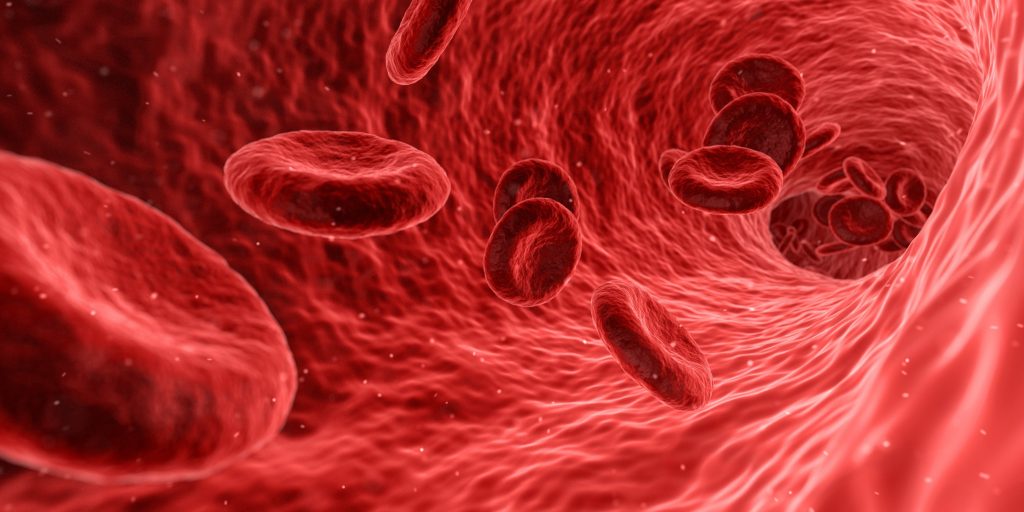
El catedrático Carlos F. Sánchez Ferrer explicará las nuevas dianas farmacológicas que existen contra el envejecimiento vascular en #Longevity19.
Pedro Almaida
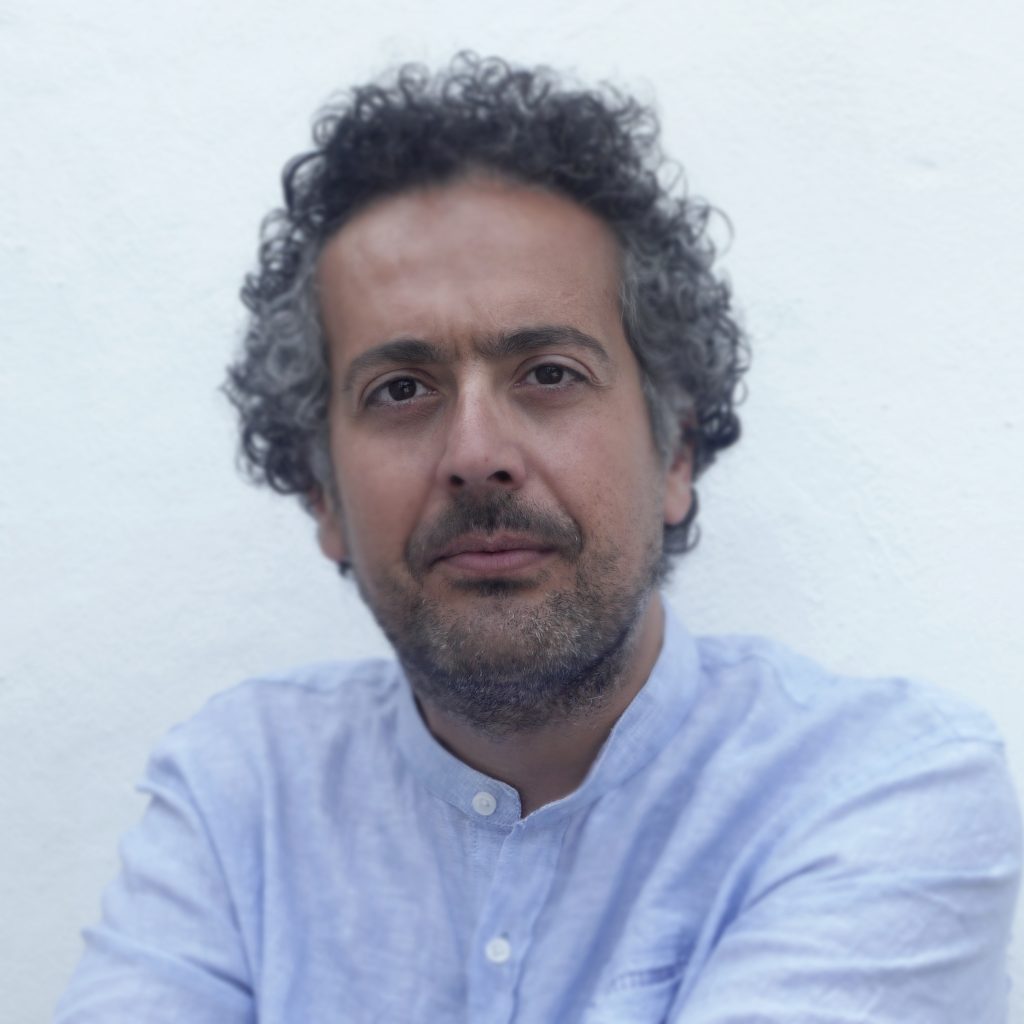
Investigador en el Grupo de Cronobiología de la Universidad de Murcia en un proyecto para dilucidar los mecanismos asociados al envejecimiento del sistema circadiano de modelos vertebrados.
Bruno Vellas
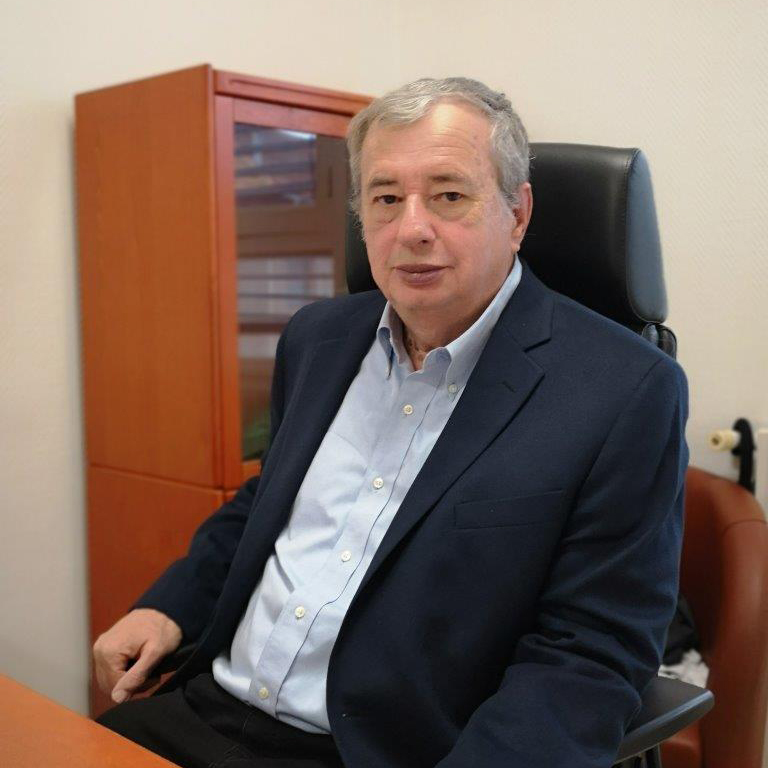
Es presidente de Gerontopole y Jefe del Departamento de medicina interna geriátrica del Hospital Universitario de Toulouse y es miembro de INSERM UMR 2017, así como presidente del Centro colaborador WHO para la fragilidad, investigación clínica y formación geriátrica.
Manuel Collado: “Nuestro objetivo debe ser llegar en mejor estado de salud a edad avanzada y permanecer libres de enfermedad el mayor tiempo posible”

El Dr. Manuel Collado será uno de los ponentes en la primera sesión de #Longevity19, la cual se centrará en profundizar en la longevidad gracias a la exposición de diferentes investigaciones.
Marc Ramis: “Estamos tratando por primera vez enfermedades asociadas a la edad a partir de mecanismos asociados a la senescencia”

Marc Ramis explicará los últimos avances sobre senescencia celular en la segunda edición del Longevity World Forum.
